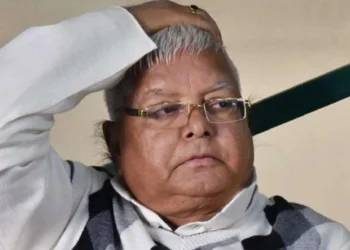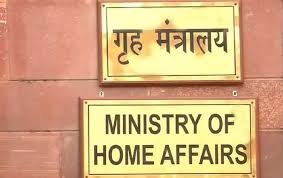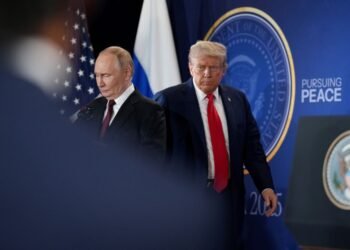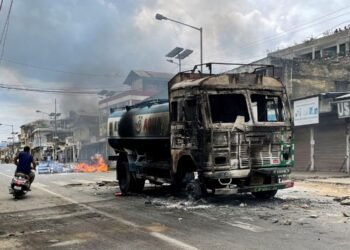Editor’s Note: On the second anniversary of the tragic events in Manipur (May 3, 2023), The Power Corridors invited perspectives from all sides of the ongoing conflict. As part of this initiative, we present an article by Dr. Dr. Chinkholal Thangsing , a practicing physician and Vice-president of Kuki People’s Alliance.
“The demand for a Union Territory is not a cry for division, but a constitutional plea for survival—born from the failure of the state to protect its own.”
 Dr. Chinkholal Thangsing
Dr. Chinkholal Thangsing
Two painful years have passed since the flames of ethnic violence engulfed Manipur. For the Kuki-Zo people, these years have been marked by immeasurable suffering—displacement, destruction, death, and deep wounds to the spirit. The community that once thrived in the Imphal Valley has been brutally uprooted. Their homes torched. Their voices silenced. Their lives shattered.
And yet, from this furnace of injustice, the Kuki-Zo people rise—not with vengeance, but with a firm, righteous call: for justice, for security, and for a future where they may live in peace and dignity.
The demand for a separate Union Territory under direct Central Government administration is not born of hatred, but of survival. It reflects a truth that can no longer be ignored — coexistence under the present state structure is no longer possible or safe. The failure of the state machinery to protect Kuki-Zo lives and property has left them with no choice but to seek political autonomy and administrative protection.
ALSO READ: Lahore Rocked by Mysterious Blasts Amid Border Tensions
A Cry for Dignity, Not Division
This demand is not secessionist. It is constitutional. It is humanitarian. It is a cry to be recognized as equal citizens of India—deserving of safety, representation, development, and governance that listens and acts.
The Kuki-Zo people do not seek privilege. They seek parity. They do not seek war. They seek peace with justice.
The Path Ahead: What Must Happen
- Immediate Central Intervention
A neutral, committed Central Government must take over administrative control in the hill regions and ensure justice for victims, rehabilitation of the displaced, and safety for all communities.
- Establishment of Union Territory
A political settlement—realistic, just, and lasting—must be worked out with constitutional guarantees. UT status offers a pragmatic solution that acknowledges the breakdown of trust, ensures self-governance, and lays the groundwork for peaceful reconstruction.
ALSO READ: Manipur — Two Years on: A Federated Way Forward for Lasting Peace
- Truth, Reconciliation, and Healing
The deep wounds must be acknowledged through an impartial commission of inquiry. Healing cannot begin without truth. Those who have suffered must be heard, and those responsible must be held accountable.
- Rebuilding and Representation
A UT framework must include inclusive governance, economic reconstruction, education, and cultural protection for the Kuki-Zo people. Representation in governance must be ensured—politically, socially, and administratively.
- Regional Stability
This demand must not be seen in isolation but in the larger context of India’s North East—a region needing balance, sensitivity, and tailored governance to preserve its diverse ethnic fabric and strategic unity.
A Message of Hope
Despite the ashes of their homes, the Kuki-Zo people still believe in India. In its Constitution. In its ideals. What they ask is not separation but salvation—a chance to live without fear, to govern their affairs with dignity, and to secure the future of their children.
The flame of the Kuki-Zo people’s hope still burns, quietly but resolutely. It is now upon the nation to respond—not with delay, not with apathy, but with courage, wisdom, and compassion.
Because peace built on justice is the only peace that lasts.













